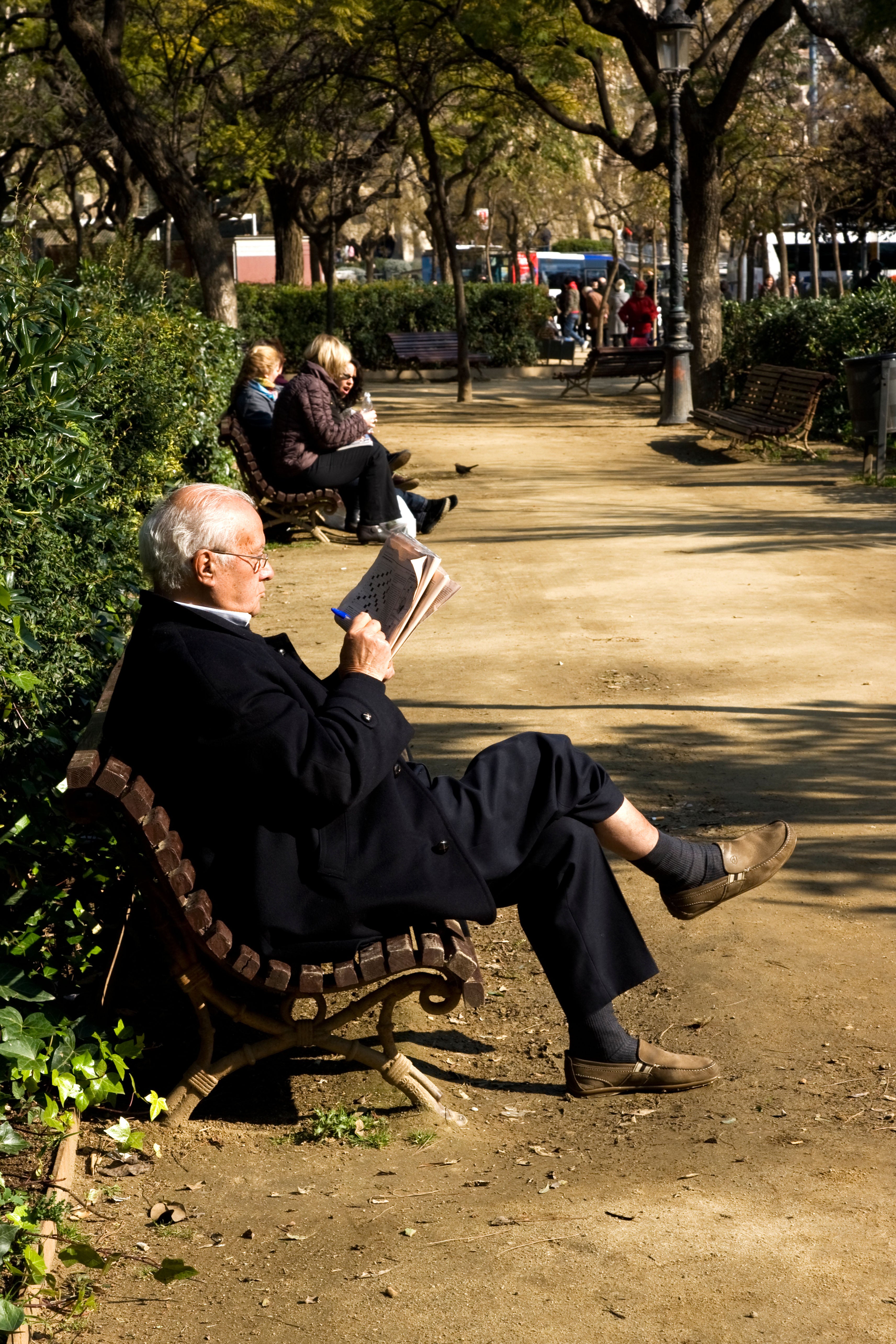
Support truly
independent journalism
Our mission is to deliver unbiased, fact-based reporting that holds power to account and exposes the truth.
Whether $5 or $50, every contribution counts.
Support us to deliver journalism without an agenda.

Louise Thomas
Editor
If you have been a self-proclaimed workaholic for most of your life, taking that final step away from your job can be a difficult decision to make.
At 81, US President Joe Biden has faced numerous questions about when he plans to step away from his political career, but is still adamant that he needs to “get the job done”.
Entering into retirement can be a daunting prospect for some people, especially if they love their job, enjoy being busy and have a sense of purpose.
So if someone is worried about retiring, how can they plan to stay busy and engaged? Experts share their thoughts.

Why can it be such a hard adjustment for some people?
Retiring is a major life event that people either look forward to or find daunting.
“Indeed, we found 84% of retirees find retirement at least somewhat enjoyable and mostly have the freedoms they expected,” Pete Glancy, head of pensions policy at Scottish Widows.
“However, for others, it can sometimes leave people feeling like they’ve lost their identity or role and purpose in life as the adjustment period of new social and financial realities set in.
“It’s important that the emotional side to preparing for later life is factored into holistic retirement planning so that once you’ve got a watertight plan for your finances and can effectively plan for where you’re going to live, whether you want to upsize, downsize or even move to a different country – you can also ensure you have a clear idea on how you’re going to spend your time and be comfortable in retirement.”
Work part time or flexible hours
According to Glancy, one of the biggest changes for most people when they retire is how they spend their time. Time once spent at work is now available for leisure, family and exploring new opportunities.
“While these are all positive lifestyle shifts and will enrich your later years – there can also be a sense of lacking focus, purpose or drive – particularly if you’ve enjoyed a career spanning over many decades,” he said.

“Having said that for many people, in part driven by cost of living, longevity, shifting mindsets and other factors – retiring no longer means slowing down altogether. There are plenty of options in how people may wish or need to spend their retirement years.
“Depending on people’s individual financial needs, retirees may wish to continue working in a part-time or flexible hours role past the retirement age. This would result in extra retirement income for spending on trips, travel plans, home renovations and other family support while keeping your toes in the bustling world of work.
Pick up new hobbies or start a side hustle
For Glancy, whatever you choose to spend your retirement doing – it’s important to remember that although you may lose the costs associated with work, such as commuting, you might replace those with different expenses.
“Retirement may mean new hobbies, travel or simply spending more time at home. And so, you should consider reviewing your budget regularly, as these lifestyle changes may cost much more than you anticipated,” he said.
“Others may wish to pursue a hobby or skill and turn this into a side hustle or new business venture they have previously only had time to spend doing during their time off. Volunteering and charity work can also be very fulfilling.”
Understand your pension pot

Knowing how much pension you have access to can help you plan and ease some anxiety.
“What’s clear is that pensions remain at the heart of most retirement preparations so people must have a good understanding of their pension pot and potential retirement income options to avoid any affordability challenges in later life,” said Glancy.
“For example, our Retirement Report found that 41% of those in full-time employment are on track for a comfortable lifestyle, compared to just 26% of those who are part-time or self-employed (28%).
“So, the important thing is to consider if the amount you are on track for matches your retirement expectations and take steps – either before retirement starts or during later life – to improve that if it is not the case.”

What should people do if they are feeling worried?
People need to let family, friends or a health professional know if they are struggling, as some people do get depressed after they enter retirement.
“There is a very strong link between our later life health and the state of our finances. We found that health is an important aspect of the retirement experience, with 49% of all retirees admitting that their health has impacted their retirement and has limited what they can do,” said Glancy.
“What’s more, among those not enjoying retirement, the most common reasons are poor physical health, financial struggles and stress with poor health in retirement affecting many disproportionately, often compounding financial struggles.
“We see continuing evidence that people are struggling to navigate their choices. If you’re having concerns about retiring or finding it hard to adjust to your newfound lifestyle, it’s important to consider both the emotional and practical side.
“Keeping in touch with your close network as well as keeping one eye on how your retirement finances are ticking along so you can address any issues quickly will help alleviate feelings of stress or anxiety in retirement.”







